Why are some male viewers intimidated by Women-centric Films?
Many viewers felt personally attacked by movies — as if their own gender roles were being questioned.
Nahida Sultana Sayma
Published: 19 Jul 2025
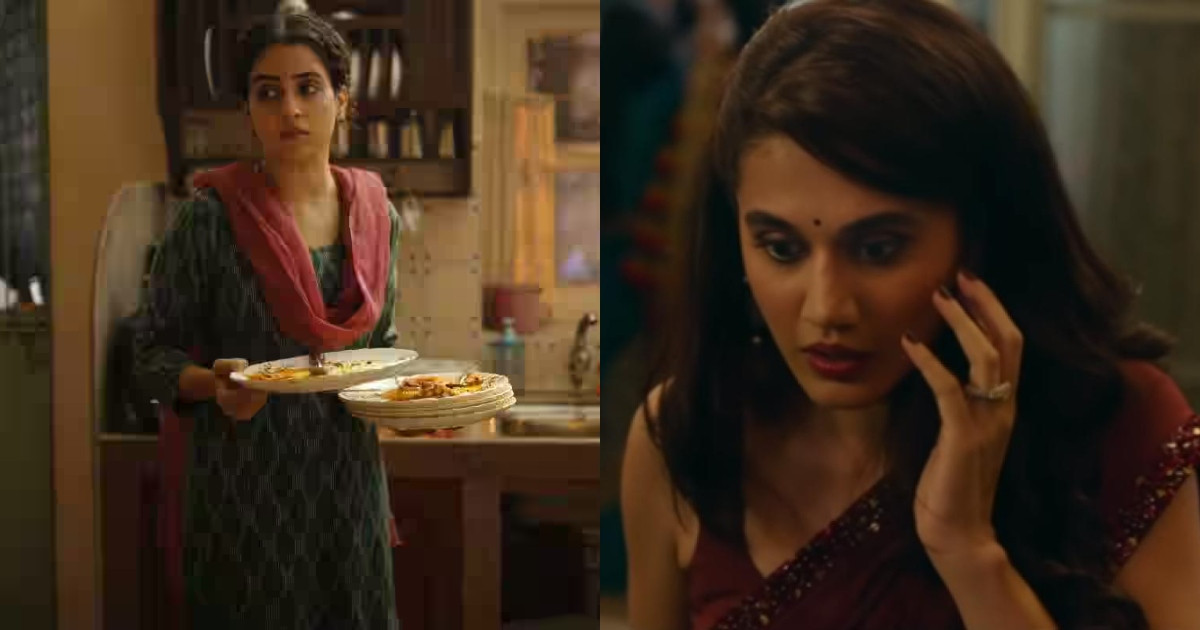
In the last decade, Bollywood has seen an important shift in its storytelling — one where women no longer just play the love interest or the sacrificial mother. Films like Thappad, Pink, Darlings, and Laapataa Ladies are writing bold narratives of resistance, agency, and emotional truth. Yet, a pattern persists: when a film dares to show women asserting independence or confronting patriarchy — it faces disproportionate backlash.
The recent release Mrs. (2024) is a striking example. An Indian adaptation of the Malayalam film 'The Great Indian Kitchen', it tells the story of a woman trapped in the mind-numbing routine of housework, who gradually realizes the invisible burden of domestic labor.
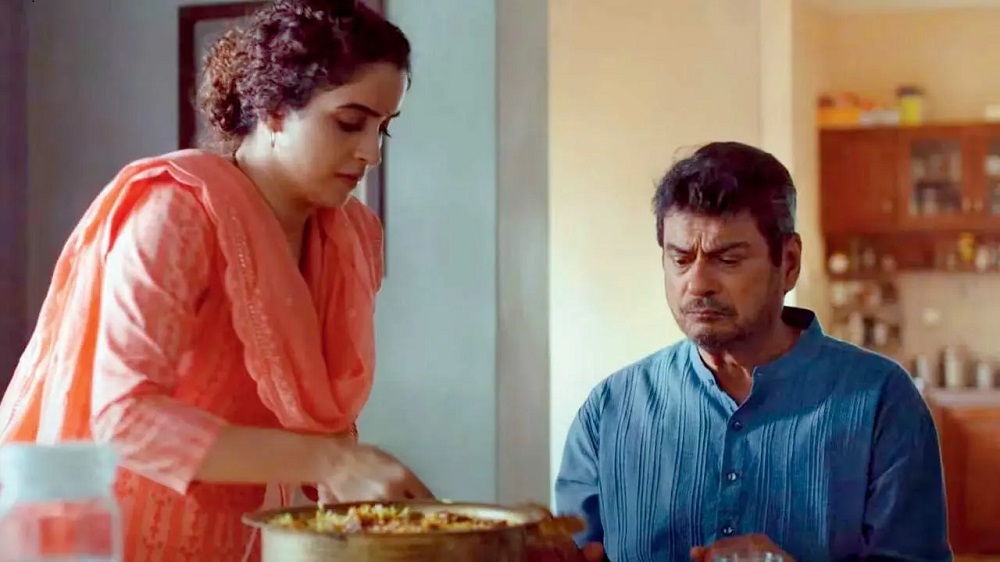
The film received sharp online criticism, with viewers mocking the protagonist for being “a crybaby,” saying things like:
“She can’t even cook for two people. Women belong in the kitchen anyway.”

A viral meme about 'Mrs.'. Photo courtesy: The Viral India
A men's rights organisation, SIFF - Save Indian Family Foundation, has criticised the film vehemently on social media X, accusing it of toxicity. This has led to fans defending it.
A viewer tweeted, “It's not about doing work! It's about not letting her do what she likes! The hostility reflects the very patriarchy the film tries to expose. Instead of sparking empathy, many viewers felt personally attacked — as if their own gender roles were being questioned.
Another fan said, a film about unpaid domestic labor received this kind of hate tells us how normalized women's exploitation at home has become.
Compare that to Raazi (2018), where Alia Bhatt plays a female spy. Despite being woman-led, it was widely accepted — perhaps because its theme, patriotism, aligned with mainstream comfort zones. In contrast, Darlings (2022), which portrays a woman escaping domestic abuse by same actress, was trolled for being 'anti-men'.
Films like Piku, English Vinglish, and Tumhari Sulu — though centered on women — were appreciated because they didn’t directly challenge male power or societal systems. But when a film like Thappad shows a wife walking out after a slap, or Lipstick Under My Burkha explores female desire, suddenly it’s 'too much'.
The latest entry in this genre is Aap Jaisa Koi, starring R. Madhavan and Fatima Sana Shaikh. Released on Netflix in July 2025, the film explores an age-gap romance between a repressed Sanskrit professor Shrirenu and a free-spirited French teacher Madhu. While critics praised the film’s mature tone, some viewers ridiculed its feminist elements.
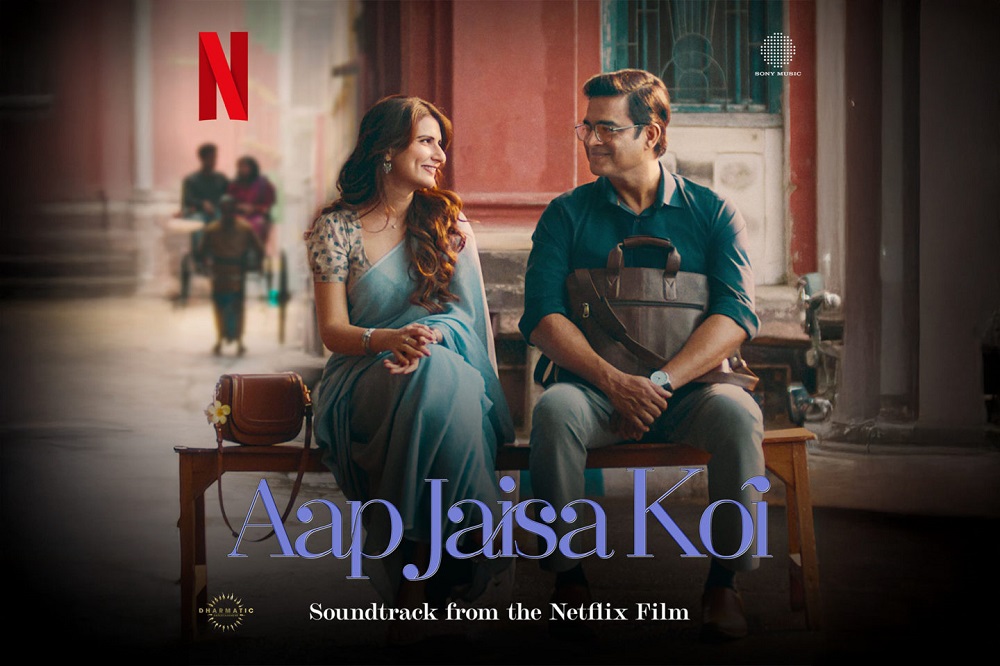
The turning point — when the male lead breaks off their relationship after discovering the woman used a dating app, something he himself did— exposed double standards. The film ends with reconciliation, but its message about male ego and control was clear.
But one of the most poignant storylines belongs to Kusum (Ayesha Raza), Bhanu’s wife and Shrirenu’s bhabi. She’s a homemaker who cooks, cleans, and quietly serves—but that still doesn’t earn her basic respect. Bhanu routinely belittles her in the name of fun, his casual cruelty normalized by the household. Kusum’s journey, though quietly portrayed, is revolutionary.
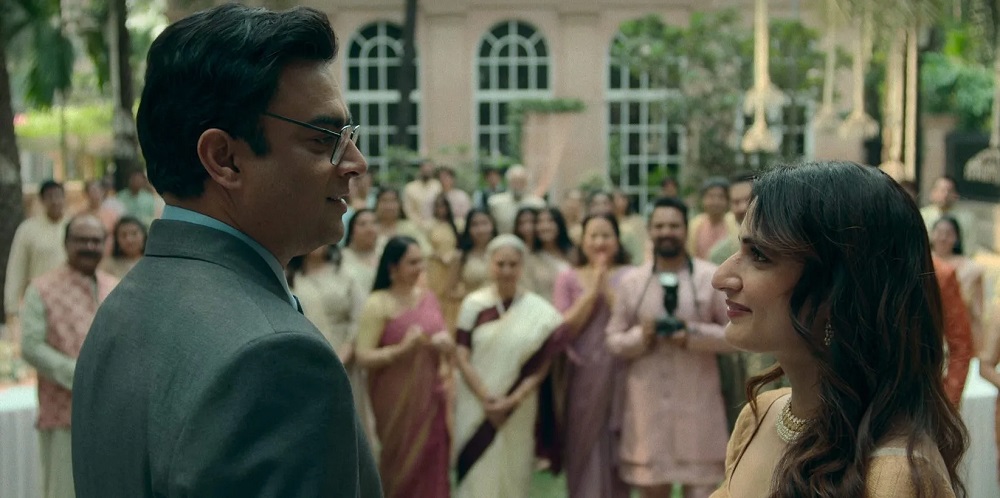
She eventually falls in love with someone who treats her with dignity—coincidentally, Madhu’s uncle. When Bhanu discovers the affair, he demands an apology. But Kusum refuses to bow. His justification—that he “allowed” her to sell homemade pickles and earn money, unlike most men—only reveals the entitlement baked into such patriarchal kindness. Kusum’s calm yet firm response—“Who are you to allow?”—is one of the film’s most powerful moments.
Some viewers, however, saw the woman as 'too modern', 'not wife material', or even 'unfaithful'. This mirrors the reception of Mrs., where the woman’s simple act of resisting kitchen slavery was viewed as 'overreaction'.
Films like Laapataa Ladies (2024) and Lipstick Under My Burkha (2016) push these boundaries further. Laapataa Ladies presents rural women reclaiming their identity in a patriarchal setup. Lipstick… was even denied certification for being too 'lady-oriented', showing just how far institutions go to silence female stories.
Even Pink — now iconic for its “No means no” dialogue — initially faced backlash, with many viewers insisting it 'showed men in a bad light'.
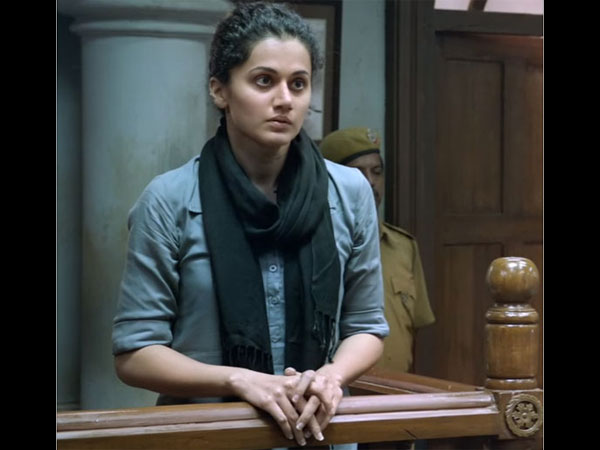
A scene from 'Pink'
The message is clear: female trauma is accepted only when it doesn’t threaten male comfort.
Why the Hate?
At the heart of the backlash is a deep discomfort with seeing flawed men, assertive women, and the challenge to tradition. Many male viewers feel attacked by films that question gender roles. Others simply lack the emotional literacy to engage with women’s inner worlds.
But Change Is Brewing. Despite the noise, these films are opening up crucial conversations. Streaming platforms, independent studios, and feminist filmmakers are refusing to tone down their stories.
Actresses like Vidya Balan, Taapsee Pannu, Fatima Sana Shaikh, and Shefali Shah are boldly picking roles that reflect real women — not idealized versions of them.
The backlash to Mrs., Thappad, and similar films reflects a society still struggling with women’s independence. But the very rage these films provoke proves their relevance and necessity.
As long as some people get angry when women on screen say 'no,' speak up, or simply leave — filmmakers know their stories still need telling.

